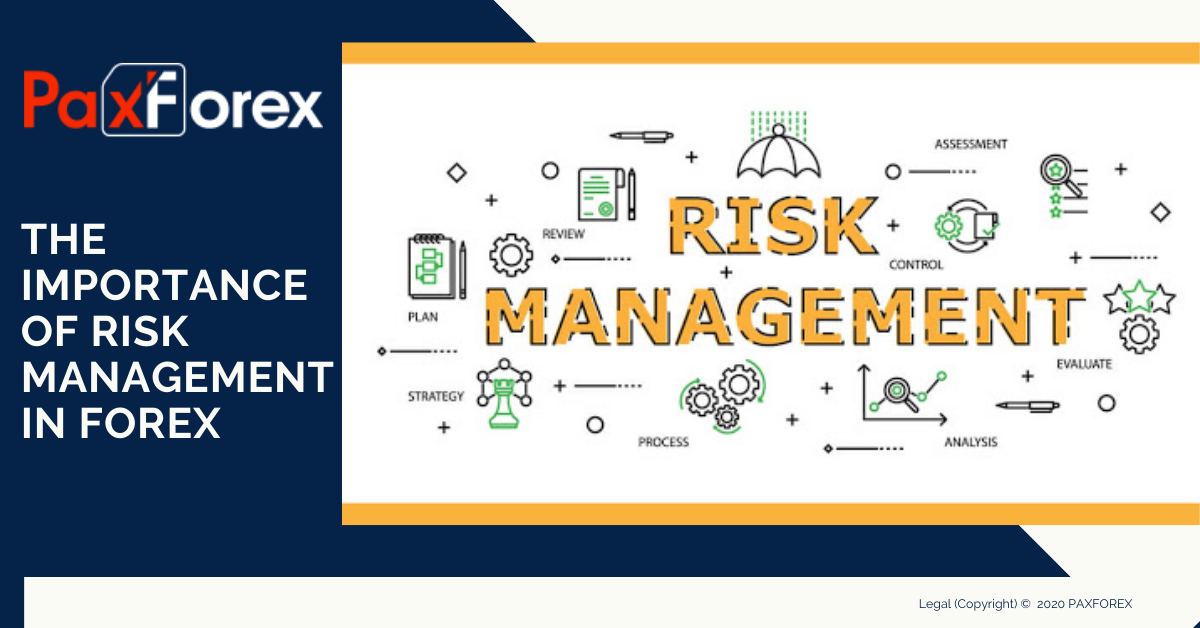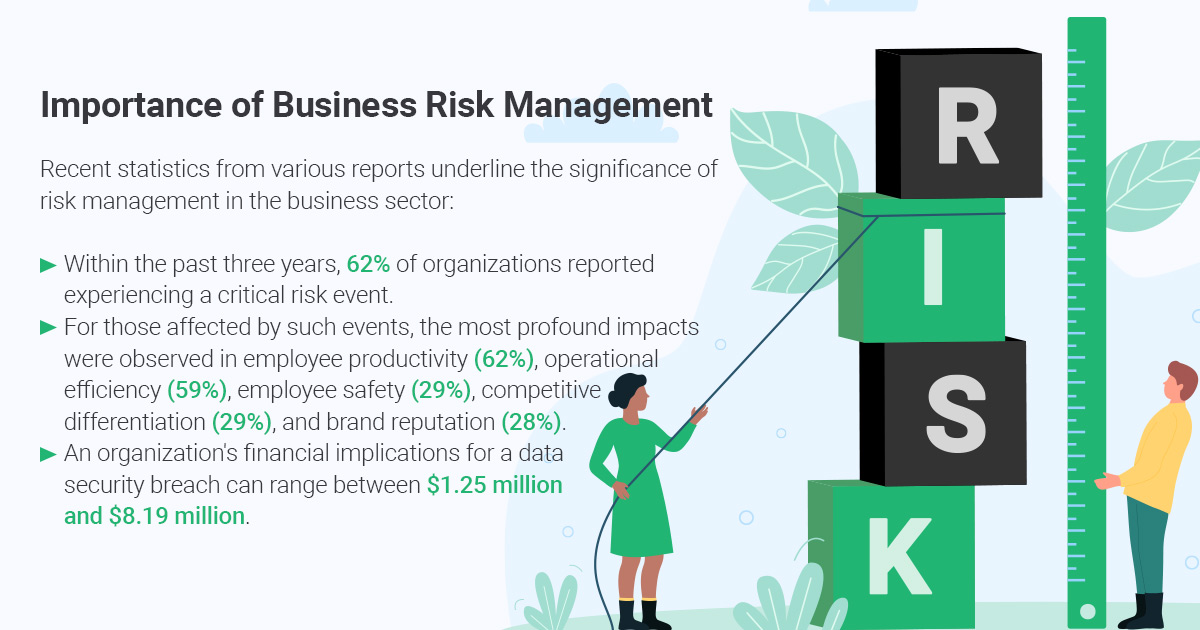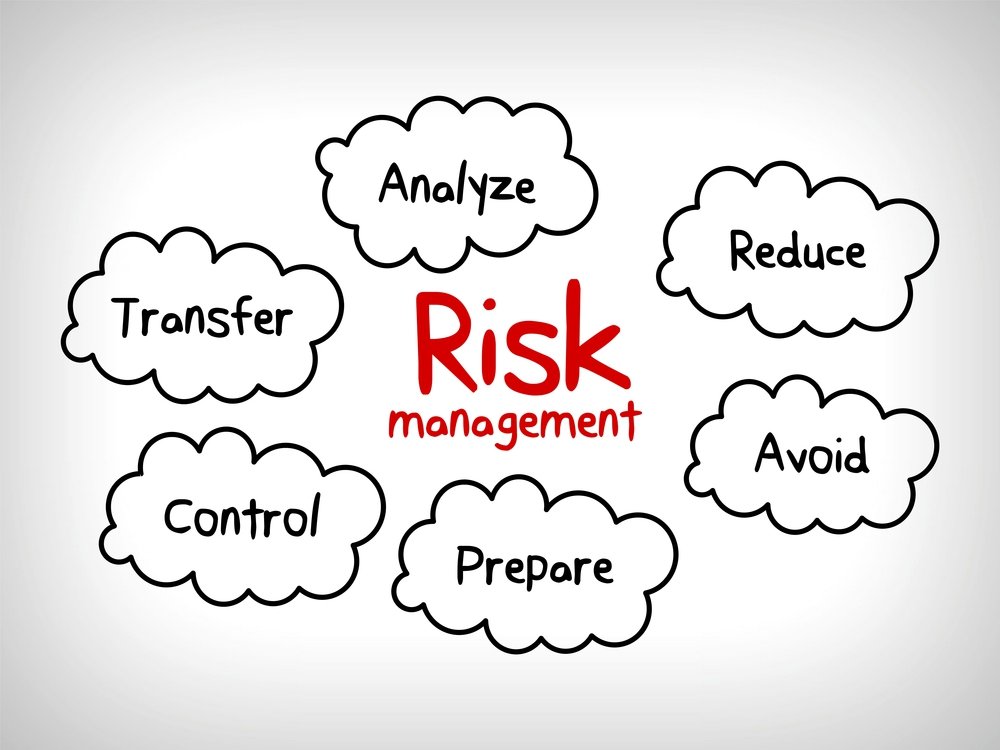How the Importance of Risk Management Facilitates Successful Project Outcomes
How the Importance of Risk Management Facilitates Successful Project Outcomes
Blog Article
The Value of Recognizing the Importance of Risk Management in Different Industries

The Core Principle of Risk Management and Its Function
Risk Management, the foundation of several industries, rests on the identification, assessment, and mitigation of unpredictabilities in a business atmosphere. It is an integral technique that permits organizations to protect their possessions, credibility, and total survival. By properly recognizing possible risks, businesses can create methods to either stop these threats from taking place or decrease their influence. The assessment procedure includes examining the chance and potential severity of these dangers. As soon as risks have been identified and assessed, the mitigation procedure entails designing techniques to minimize their prospective impact. This procedure is continuous and intermittent, ensuring that businesses are prepared for the ever-changing nature of Risk in various sectors. The main objective, thus, is to foster strength in the middle of uncertainties.
Advantages of Executing Risk Management in Business Workflow

Introducing the Function of Risk Management in Different Industries
While every sector confronts its special collection of threats, web the application of Risk Management approaches remains a common in their quest of sustainability and development. In the medical care field, Risk Management involves ensuring client security and data protection, while in finance, it involves mitigating investment risks and making sure governing compliance. Eventually, the duty of Risk Management throughout markets is to determine, analyze, and reduce risks.
Real-life Study Demonstrating Successful Risk Management
To recognize the importance of Risk Management in these several industries, one can look to a number of real-life circumstances that illustrate the effective application of these measures. Toyota, upload the 2011 earthquake in Japan, modified its supply chain Management to decrease interruption risks. These instances demonstrate just how markets, finding out from crises, effectively used Risk Management approaches to reduce future dangers.
Future Trends and Developments in Risk Management Techniques
As the world proceeds to advance, so too do the trends and advancements in Risk Management techniques. Fast developments in innovation and data analytics are improving the Risk landscape. Big information and AI are now important in anticipating and mitigating risks. Organizations are leveraging these tools to build anticipating models and make data-driven decisions. Cybersecurity, as soon find out here now as a peripheral worry, has actually catapulted to the leading edge of Risk Management, with strategies concentrating on detection, prevention, and action. The assimilation of ESG (Environmental, Social, Administration) factors right into Risk Management is one more expanding fad, reflecting the increasing recognition of the function that social and ecological dangers play in service sustainability. Thus, the future of Risk Management hinges on the fusion of advanced technology, cutting-edge strategies, and an alternative approach.
Verdict
Finally, recognizing the value of Risk Management across a range of markets is vital for their durability and success. Customized approaches can aid reduce possible risks, secure properties, and foster stakeholder depend on. Furthermore, proactive decision-making aids in governing compliance and maximizes resource use. Ultimately, successful Risk Management adds to a lot more sustainable and durable companies, highlighting the importance of this practice in today's very affordable and dynamic Full Article business atmosphere.
While every sector challenges its unique collection of risks, the execution of Risk Management approaches remains an usual in their quest of sustainability and development. In the healthcare field, Risk Management entails ensuring patient security and information defense, while in finance, it involves mitigating investment risks and ensuring regulatory compliance. Eventually, the duty of Risk Management throughout markets is to determine, assess, and reduce risks. These situations demonstrate just how industries, finding out from situations, properly applied Risk Management methods to lower future risks.

Report this page